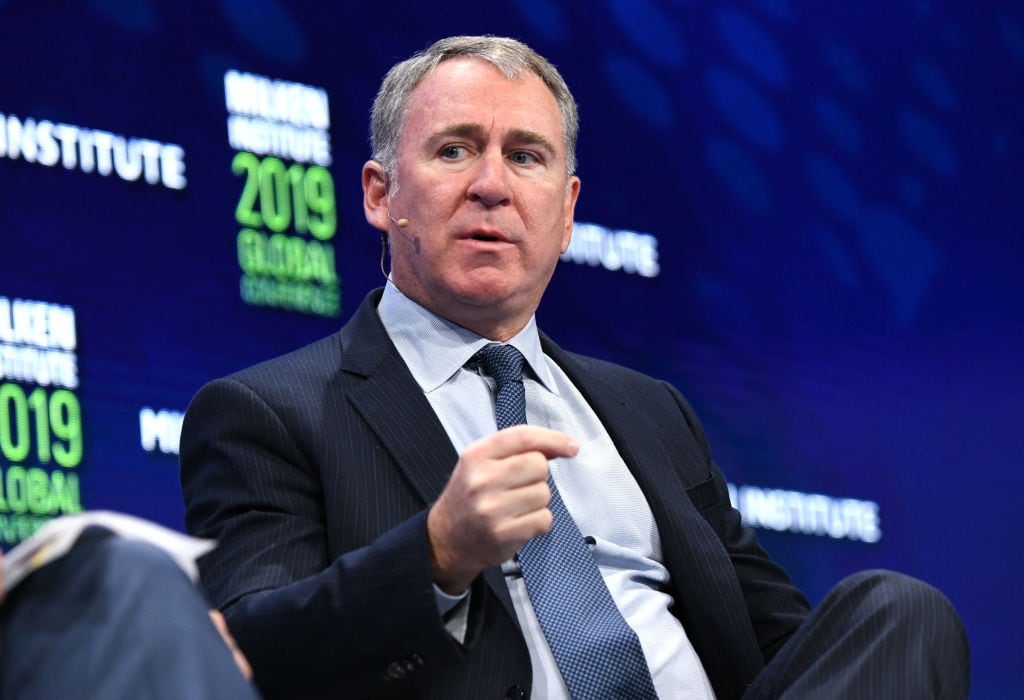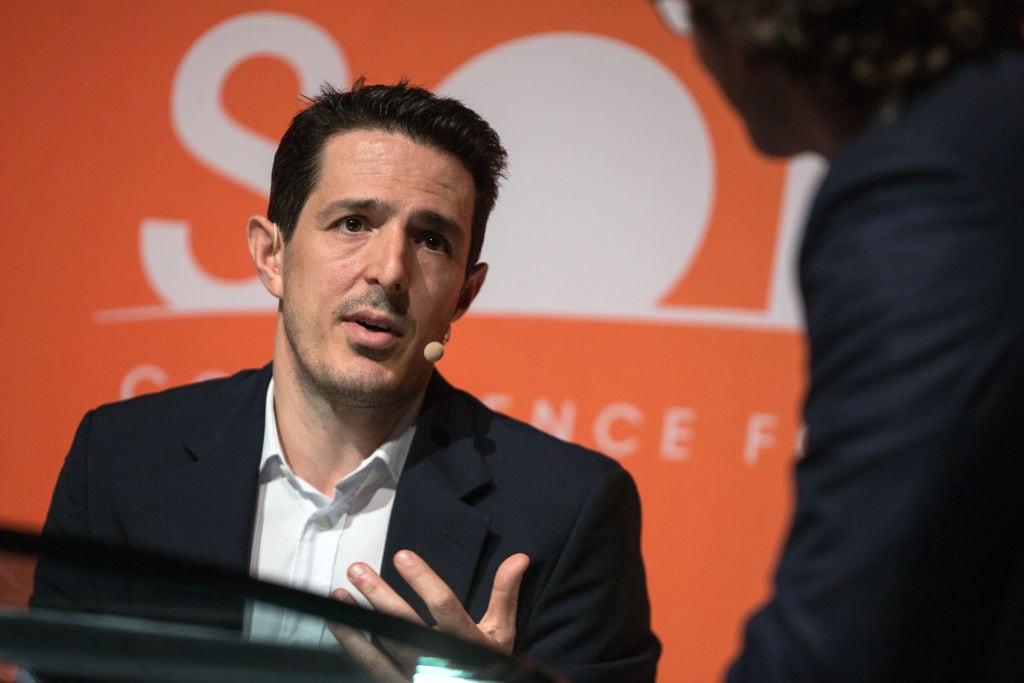On Thursday, a pair of hedge fund managers, a fintech founder, a social media executive, and a Reddit investor are converging on Capitol Hill.
Representative Maxine Waters (D-Calif. 43rd District) and the House Committee on Financial Services are hosting this motley crew at the much-anticipated GameStop congressional hearing, which begins Thursday at noon (read our live blog here) and is set to address a number of questions related to the retail trading frenzy and its aftermath.
The hearing, which Waters said she hopes will be a "learning experience," gathers in one place both established and emerging players in the world of finance — a group that increasingly extends from the boardrooms of Wall Street hedge funds to obscure social media channels. For a quick rundown of those who will be in attendance, here is Cheddar's dramatis personae.
Vlad Tenev, CEO of Robinhood
The Bulgarian-American billionaire is no stranger to the hidden machinery of high finance that will be at the center of the hearing. Along with long-time partner Baiju Bhatt, Tenev founded the hedge fund Celeris and the software firm Chronos Research, which provides back-end technology to other hedge funds for automated trades, before starting Robinhood in 2013.
Now as the head of the ubiquitous retail trading app, the entrepreneur must balance Robinhood's promise to democratize investing with the imperatives of being a major player in the stock market. Tenev's testimony is set to push back against the claims that it curbed trading at the peak of the $GME buying frenzy to help Citadel Securities, which serves as the app's clearinghouse for retail trades.
Read his full written testimony ahead of the hearing here.
Kenneth Griffin, CEO of Citadel

Griffin, another billionaire, founded the Chicago-based Citadel in 1990 after leaving his first job at Glenwood Capital Investments. His former boss helped put up the money, which Griffin used to turn Citadel into one of the largest asset managers in the world. Now he presides over a financial empire so vast that many people during the meme-stock craze mistook one of his businesses for another. For clarification, Citadel is a hedge fund. Citadel Securities is a high-frequency clearinghouse for trades. The relationship between the two is at the heart of the hearing. Griffin has stressed that he had no role in Robinhood's decision to halt the trading of Reddit-targeted stocks.
Read his testimony here.
Gabriel Plotkin, CEO of Melvin Capital

Plotkin got his start as a trader for SAC Capital. There he fell under suspicion of receiving illegal insider information. While he wasn't prosecuted — a coworker was charged and arrested — he soon left the firm and went on to found Melvin Capital. The hedge had a large short position on GameStop and was clobbered by the retail investor-led price spike. Citadel and Point72 Asset Management infused $2.75 billion into the fund to keep it afloat.
Read his testimony here.
Steve Huffman, CEO and co-founder of Reddit
Huffman is long-time social media royalty. He co-founded Reddit in 2005 with seed funding from Y Combinator, the startup accelerator behind Twitch, Airbnb, DoorDash, and other tech giants. He actually left the company in 2009, though later he said his decision was a mistake and Reddit hired him back as CEO in 2015. Throughout the GameStop saga, Huffman has expressed support for r/WallStreetBets and retail investors in general, and said the phenomenon was further validation of Reddit's ability to help attract and organize "everyday people."
Read his testimony here.
Keith Gill, aka "Roaring Kitty," Reddit trader
Easily the outlier of the bunch, Gill is a licensed broker and financial analyst who also happens to be a member of r/WallStreetBets. Gill, or Roaring Kitty if you know him from Twitter or YouTube, helped drive the $GME rally with his in-depth posts arguing that the stock was undervalued. He also posted screenshots showing his own $53,000 long position in GameStop. The investor formerly worked at MassMutual in Boston until resigning on January 28, 2021, at the height of the GameStop craze. In an interview with The Wall Street Journal the next day, he said, quite simply, "I didn't expect this."
Neither did we, Keith, neither did we.
Read his testimony here.












